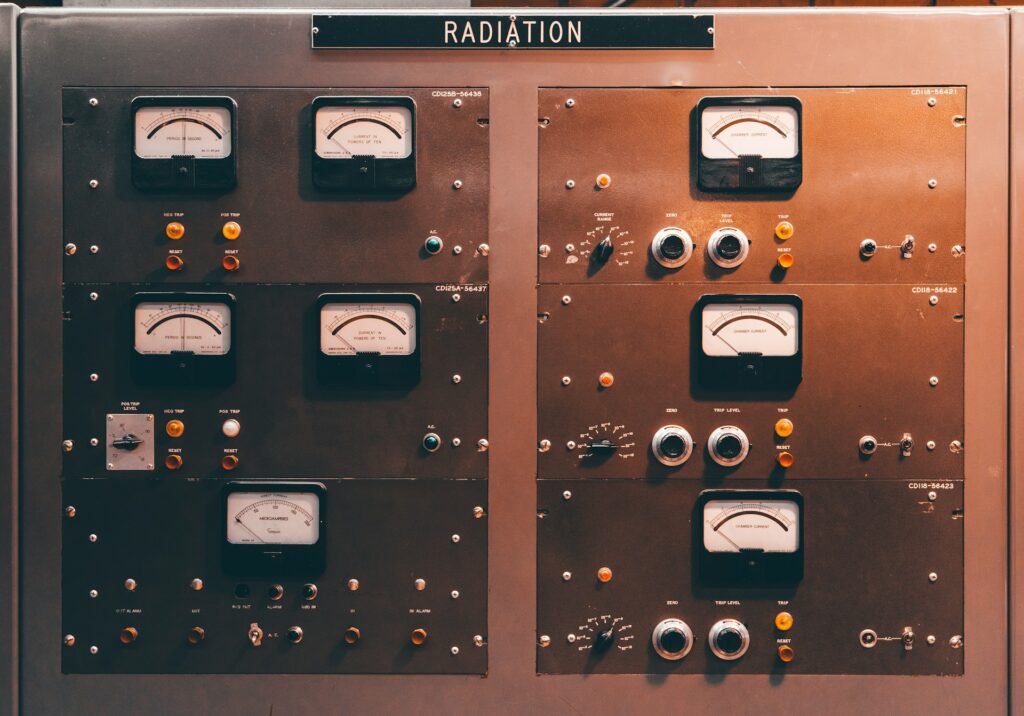In a combination of space exploration and medical innovation, researchers at the University of Notre Dame are leveraging the unique conditions aboard the International Space Station (ISS) to advance cancer detection technology. These space-based experiments are shedding new light on how microgravity can be utilised to refine bio-sensing tools, a development that could enhance early cancer diagnosis.
Central to this research is the use of microgravity to improve bubble formation dynamics; tiny structures that, in space, can concentrate microscopic particles more efficiently than on Earth. Dr. Tengfei Luo, the principal investigator, explains the importance of this technique:
“The technology currently available to screen for early, asymptomatic cancer is limited to just a few cancers. If our bubble technology in space is democratised, many more cancers can be screened, and everyone can benefit. It sounds far-fetched, but it’s achievable”
The recent experiments mark the third in a series of trials focused on refining bubble behaviour through laser heating. The work, supported by the ISS National Lab and commercial space partner Space Tango, pushes the boundaries of what’s possible in bio-sensing technology. Dr. Luo’s vision is to integrate these advancements into annual check-ups, providing inexpensive and routine cancer screening for all.

Space Tango, a key collaborator, developed specialised CubeLab hardware to automate the study of bubble formation in microgravity. Their imaging systems capture high-resolution data on bubble dynamics.
“We’re using the unique space environment to push the boundaries of what’s possible in bio-sensing,”
said a Space Tango representative. The goal is to make these diagnostic tools widely accessible on Earth.
This initiative highlights the ISS’s role as more than just a scientific outpost. It’s a launchpad for breakthroughs that could revolutionise healthcare globally.

Hassan graduated with a Master’s degree in Chemical Engineering from the University of Chester (UK). He currently works as a design engineering consultant for one of the largest engineering firms in the world along with being an associate member of the Institute of Chemical Engineers (IChemE).



